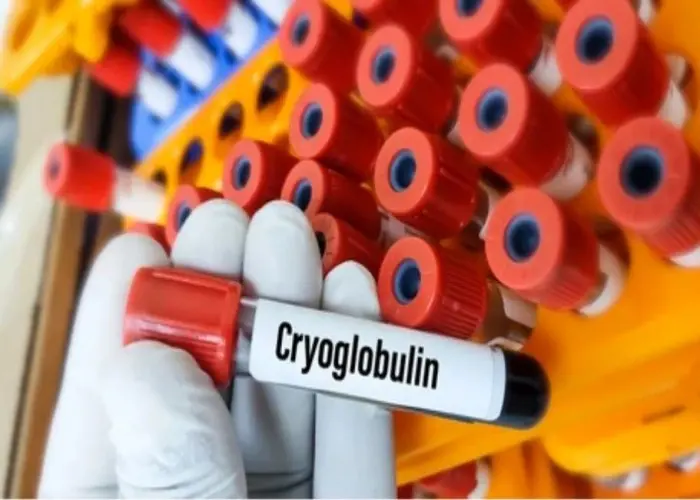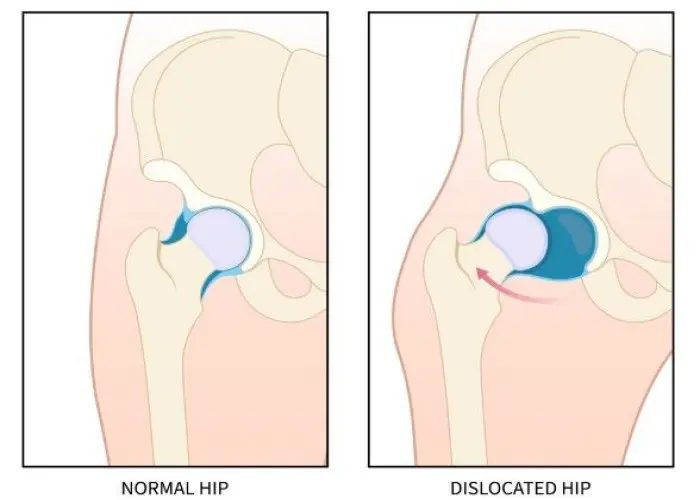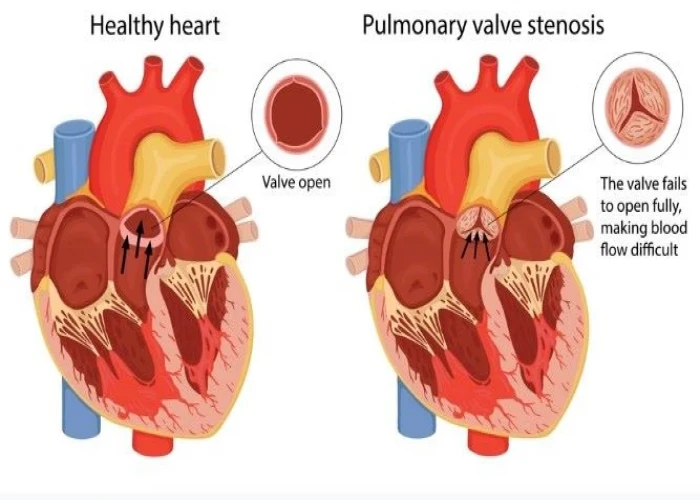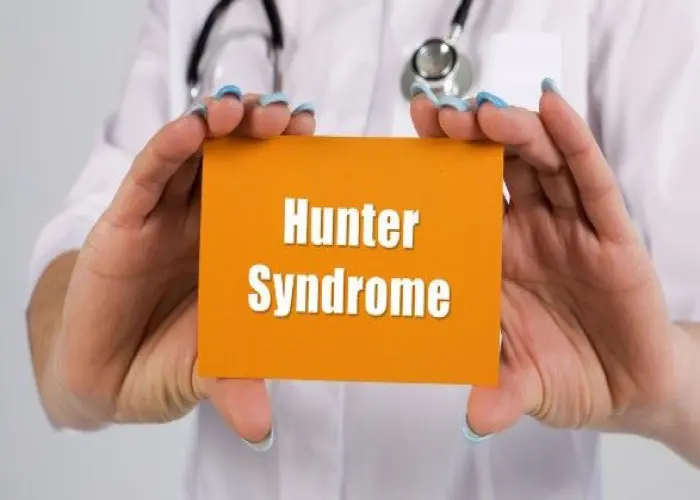 Welcome
Welcome
“May all be happy, may all be healed, may all be at peace and may no one ever suffer."
Hemorrhoids (Piles)

Hemorrhoids, also known as piles, are swollen and inflamed veins in the rectum or anus. They can be caused by a variety of factors, including chronic constipation, pregnancy, obesity, and straining during bowel movements.
Symptoms of hemorrhoids can include pain, itching, bleeding, and discomfort during bowel movements. They may also cause a lump or swelling in the anal area.
Treatment for hemorrhoids often involves lifestyle changes, such as increasing fiber intake and drinking more water to help soften stools and reduce the need to strain during bowel movements. Over-the-counter creams and ointments can also provide relief from pain and itching.
In more severe cases, medical treatment may be necessary. Procedures such as rubber band ligation, sclerotherapy, or surgery may be recommended to shrink or remove hemorrhoids that do not respond to other treatments.
Prevention measures, such as maintaining a healthy diet and lifestyle, avoiding prolonged sitting or standing, and practicing good hygiene, can also help reduce the risk of developing hemorrhoids. If you are experiencing symptoms of hemorrhoids or have concerns about your digestive health, it is important to consult with a healthcare provider for an accurate diagnosis and appropriate treatment.
Research Papers
Disease Signs and Symptoms
- Anus itching
- Anus bleeding
- Anus pain
- Swollen anus
- Rectum lump
- Anal sagging
Disease Causes
Hemorrhoids
The veins around your anus tend to stretch under pressure and may bulge or swell. Hemorrhoids can develop from increased pressure in the lower rectum due to:
- Straining during bowel movements
- Sitting for long periods of time on the toilet
- Having chronic diarrhea or constipation
- Being obese
- Being pregnant
- Having anal intercourse
- Eating a low-fiber diet
- Regular heavy lifting
Disease Prevents
Hemorrhoids
The best way to prevent hemorrhoids is to keep your stools soft, so they pass easily. To prevent hemorrhoids and reduce symptoms of hemorrhoids, follow these tips:
- Eat high-fiber foods. Eat more fruits, vegetables and whole grains. Doing so softens the stool and increases its bulk, which will help you avoid the straining that can cause hemorrhoids. Add fiber to your diet slowly to avoid problems with gas.
- Drink plenty of fluids. Drink six to eight glasses of water and other liquids (not alcohol) each day to help keep stools soft.
- Consider fiber supplements. Most people don't get enough of the recommended amount of fiber — 20 to 30 grams a day — in their diet. Studies have shown that over-the-counter fiber supplements, such as psyllium (Metamucil) or methylcellulose (Citrucel), improve overall symptoms and bleeding from hemorrhoids.
- If you use fiber supplements, be sure to drink at least eight glasses of water or other fluids every day. Otherwise, the supplements can cause or worsen constipation.
- Don't strain. Straining and holding your breath when trying to pass a stool creates greater pressure in the veins in the lower rectum.
- Go as soon as you feel the urge. If you wait to pass a bowel movement and the urge goes away, your stool could dry out and be harder to pass.
- Exercise. Stay active to help prevent constipation and to reduce pressure on veins, which can occur with long periods of standing or sitting. Exercise can also help you lose excess weight that might be contributing to your hemorrhoids.
- Avoid long periods of sitting. Sitting too long, particularly on the toilet, can increase the pressure on the veins in the anus.
Disease Treatments
Home remedies
You can often relieve the mild pain, swelling and inflammation of hemorrhoids with home treatments.
- Eat high-fiber foods. Eat more fruits, vegetables and whole grains. Doing so softens the stool and increases its bulk, which will help you avoid the straining that can worsen symptoms from existing hemorrhoids. Add fiber to your diet slowly to avoid problems with gas.
- Use topical treatments. Apply an over-the-counter hemorrhoid cream or suppository containing hydrocortisone, or use pads containing witch hazel or a numbing agent.
- Soak regularly in a warm bath or sitz bath. Soak your anal area in plain warm water for 10 to 15 minutes two to three times a day. A sitz bath fits over the toilet.
- Take oral pain relievers. You can use acetaminophen (Tylenol, others), aspirin or ibuprofen (Advil, Motrin IB, others) temporarily to help relieve your discomfort.
With these treatments, hemorrhoid symptoms often go away within a week. See your doctor in a week if you don't get relief, or sooner if you have severe pain or bleeding.
Medications
If your hemorrhoids produce only mild discomfort, your doctor might suggest over-the-counter creams, ointments, suppositories or pads. These products contain ingredients such as witch hazel, or hydrocortisone and lidocaine, which can temporarily relieve pain and itching.
Don't use an over-the-counter steroid cream for more than a week unless directed by your doctor because it can thin your skin.
External hemorrhoid thrombectomy
If a painful blood clot (thrombosis) has formed within an external hemorrhoid, your doctor can remove the hemorrhoid, which can provide prompt relief. This procedure, done under local anesthesia, is most effective if done within 72 hours of developing a clot.
Minimally invasive procedures
For persistent bleeding or painful hemorrhoids, your doctor might recommend one of the other minimally invasive procedures available. These treatments can be done in your doctor's office or other outpatient setting and don't usually require anesthesia.
- Rubber band ligation. Your doctor places one or two tiny rubber bands around the base of an internal hemorrhoid to cut off its circulation. The hemorrhoid withers and falls off within a week.
- Hemorrhoid banding can be uncomfortable and cause bleeding, which might begin two to four days after the procedure but is rarely severe. Occasionally, more-serious complications can occur.
- Injection (sclerotherapy). Your doctor injects a chemical solution into the hemorrhoid tissue to shrink it. While the injection causes little or no pain, it might be less effective than rubber band ligation.
- Coagulation (infrared, laser or bipolar). Coagulation techniques use laser or infrared light or heat. They cause small, bleeding internal hemorrhoids to harden and shrivel. Coagulation has few side effects and usually causes little discomfort.
Disease Diagnoses
Disease Allopathic Generics
-
Betamethasone Valerate
Medicines to reduce burning and pain in the anus.
Rectal and internal ointment should be given 1/2 times a day.
-
Diclofenac Sodium
For acute pain in the anus.
1 injection into the flesh.
-
Ranitidine Hydrochloride
Medicines containing ranitidine for stomach gas.
1 pill 2 times a day after meals.
-
Monosemicarbazone Adrenochrome
Medicines containing Adrenochrome mono semicar-bazone to stop excessive bleeding.
1/2 pill 3 times a day. No medication is needed if the bleeding stops.
-
Amoxicillin Trihydrate
A high-potency antibiotic capsule is sufficient to reduce rectal lesions. So amoxicillin is a medicine.
1 pill 3 times a day. (7 days)
-
Cephalexin
A high-potency antibiotic capsule is sufficient to reduce rectal lesions. So amoxicillin is a medicine.
1 each day 4 times for 5 days. 500 mg 1 time 2/3 times a day.
-
Magnesium Hydroxide
Take 4 spoonfuls of the medicine with warm water at night.
-
Lactulose
3 spoons 2 times a day. Reduce the dose gradually.
-
Diazepam
Diazepam is a drug used to reduce anxiety.
1 pill in the morning and 1 pill at night.
-
Ferrous Sulfate
For blood.
2 spoons after a meal.
Disease Ayurvedic Generics
Disease Homeopathic Generics
-
Aconite
Q strength 2/3 drop every three hours with a little water. Its ointment can be used externally.
-
Arsenicum
Mix 2/3 drop of 3X strength with a little water and consume every three hours.
-
Collinsonia
1X Mix one dram of medicine in one a.d. water and take one spoon every two hours. The medicine should be used for some time. After a week the dose should be increased during the administration of the medicine.
-
Hamamelis verginica
6, 30 strength 3/4 drops with a little water 4 times a day.
-
Hydrastis
Q Strength Take 2/3 drops 4 times a day with little water.
-
Nux vomica
6, 30 strength 2/3 drops 4 times a day with a little water.
-
Sulphur
30 strength 2/3 drops 4 times a day with a little water.
-
Ratanhia peruviana
6 strength 2/3 drops 4 times a day with a little water.
-
Millefolium
1X 3/4 drops with little water 4 times a day.
-
Nitric acid
Mix 5/6 drops in 3X ah water and take one spoon every hour.
Disease yoga
Hemorrhoids (Piles) and Learn More about Diseases

Cryoglobulinemia

Hip impingement

Pulmonary valve stenosis

Spina bifida

Hunter syndrome

Klippel-Trenaunay syndrome

Primary biliary cholangitis

Meralgia paresthetica
hemorrhoids, piles, হেমোরয়েডস, অর্শ
To be happy, beautiful, healthy, wealthy, hale and long-lived stay with DM3S.
